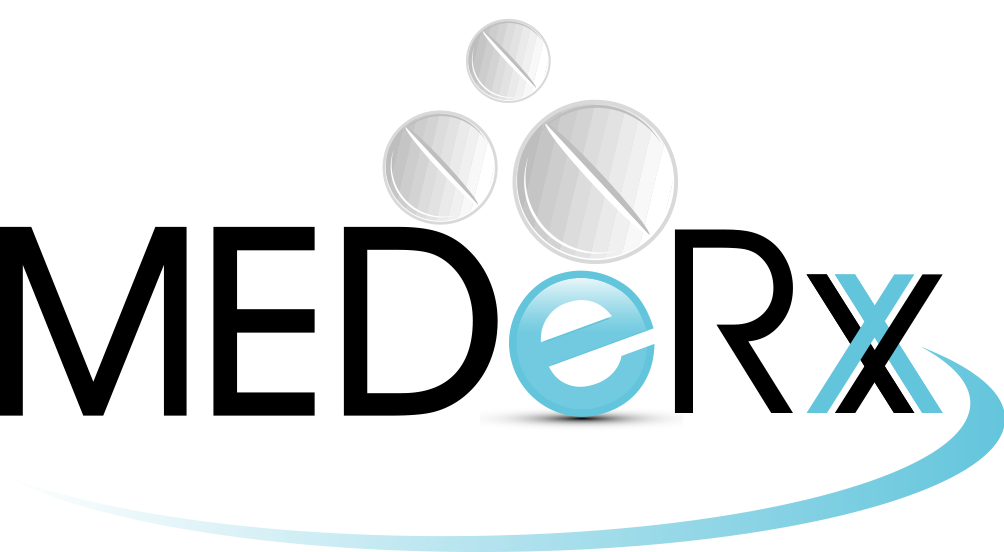The Evolving Role of Nurse Practitioners in Medication Management
In the dynamic landscape of healthcare, nurse practitioners (NPs) have emerged as indispensable contributors to patient care. With a scope of practice that encompasses a wide range of responsibilities, including assessing conditions, interpreting results, and ordering treatments, NPs play a vital role in the American healthcare system. One critical aspect of their practice is medication management, sparking inquiries such as can a nurse practitioner prescribe and dispense medications? This article delves into the complexities of NP prescriptive authority, medication dispensing, and collaborative care models.
Prescriptive Authority and Limitations:
Nurse practitioners, armed with advanced degrees and clinical expertise, possess the capability to prescribe medications. In 32 states and Washington DC, NPs can independently prescribe a broad spectrum of medications, including Schedule II and III drugs. However, prescriptive authority faces limitations in certain states, where physician supervision is mandated even for activities within an NP’s scope of practice.
Medication Prescribing by Nurse Practitioners:
NPs hold the authority to prescribe a variety of medications, ranging from antibiotics to narcotics, provided they possess a Drug Enforcement Administration (DEA) number. The regulations around prescribing, especially for Schedule II drugs, vary among states, with some imposing restrictions that necessitate collaboration with a supervising physician.
Can Nurse Practitioners Dispense Medications?
The ability of nurse practitioners to dispense medications hinges on state laws, presenting a complex landscape. While some states permit NP medication dispensing, others impose restrictions, particularly concerning controlled substances. Collaborations with pharmacists have emerged as a strategic solution, ensuring compliance with state regulations while delivering efficient patient care.
Pharmacy Services Provided by Nurse Practitioners:
Nurse practitioners, equipped with the capacity to diagnose and recommend treatments, are pivotal in expanding patient-centric medication management. In rural communities, where access to healthcare may be limited, NPs can offer essential pharmacy services, allowing patients to receive prepackaged medications without the need for extensive travel.
Collaborative Care Models:
Collaboration between healthcare teams, including physicians, pharmacists, and NPs, proves effective in optimizing patient care. In states with restricted NP practice, collaborative models ensure patients receive timely and supervised care. The coordination between multiple healthcare professionals is essential for individualized patient assessments, plan development, and regular evaluations.
Patient Education and Counseling:
NPs contribute significantly to patient education, providing information on prescribed medications and addressing concerns. Patient-centric medication management is enhanced when patients are well-informed, leading to increased adherence and a proactive role in their health. NPs also engage in counseling, fostering open communication and addressing patient queries.
Case Studies: Nurse Practitioners in Medication Management:
Real-world cases highlight the positive impact of NPs in long-term care settings. The benefits include improved patient satisfaction, efficient medication monitoring, and reduced overall costs. Nurse practitioners act swiftly, offering reliable access to care and medications, showcasing their effectiveness in both acute and chronic care scenarios.
Challenges and Concerns:
Challenges to NP prescriptive authority arise from varying state laws, slow implementation processes, and resistance from those holding outdated views on NP roles. Inter-professional dynamics and patient communication also present challenges, emphasizing the need for legislative reforms to grant full practice rights to NPs.
The Future of Nurse Practitioner Roles in Medication Management:
As the healthcare landscape evolves, the role of nurse practitioners in medication management is poised for further transformation. Collaborations with pharmacists, legislative reforms, and in-office dispensing systems are pivotal in enhancing efficiency and patient satisfaction. The future calls for continued advocacy to remove barriers hindering NPs from providing comprehensive primary care.
Conclusion:
Nurse practitioners are pivotal contributors to the American healthcare system, wielding the authority to prescribe and manage medications. Their evolving role, characterized by collaborative care models and strategic partnerships, holds the promise of improving patient outcomes. As the healthcare industry continues to adapt, the integration of nurse practitioners into comprehensive medication management practices stands as a testament to their indispensable role in shaping the future of patient care. Contacting entities like MEDERX can further enrich the collaboration between nurse practitioners, pharmacists, and other healthcare professionals, ensuring a seamless and patient-centric approach to medication management.













